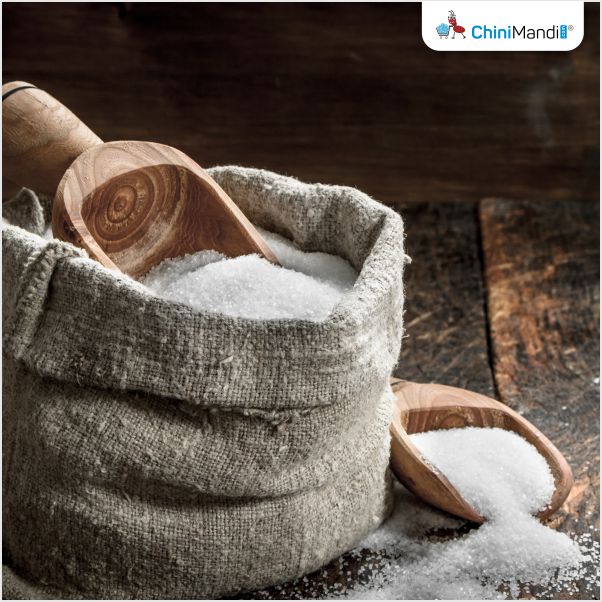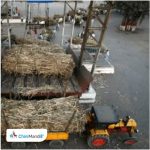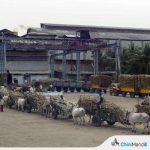Nigeria’s ambition to become a sugar powerhouse hinges on attracting a hefty investment of $4.5 billion, according to Kamar Bakrin, the head of the National Sugar Development Council (NSDC). This significant capital injection is crucial to fully implement the country’s Sugar Masterplan, a strategy designed to transform the sector, reports Leadership.
Bakrin, speaking at a public hearing yesterday at the National Assembly, highlighted the far-reaching benefits of the Masterplan. He projected the creation of 100,000 quality jobs, significant improvements in rural infrastructure, and annual foreign exchange savings exceeding $1 billion. The hearing focused on proposed changes to the law governing the National Sugar Development Council.
The NSDC chief emphasized that attracting this substantial investment requires a stable and predictable environment for businesses. He stressed that investor confidence is directly tied to clear and fair rules.
However, Bakrin voiced concerns about a recent directive that mandates 50% of the money collected from a sugar tax be sent to a central government fund. He warned that this move could derail the industry’s growth goals. “This sugar tax was specifically created to help the sugar industry grow, unlike import duties,” he explained. “Sending those funds somewhere else could stop the country from reaching its industrial goals.” He added that the NSDC has formed a special group to review the proposed changes and offer their thoughts.
Dr. John Eno, the Minister of Industry, Trade and Investment, echoed the potential of the sugar sector, stating it could help achieve President Bola Tinubu’s vision of a $1 trillion economy. “Sugar plays a key role in improving life in villages, creating jobs, and adding value to our nation,” he remarked. “The Sugar Masterplan is a vital part of our plan to build up our industries. However, its success depends on how everyone, both in government and private companies, acts and takes responsibility.” He also noted, “This change to the law is meant to make it stronger, fix past mistakes, and ensure we truly replace imported sugar with locally made products and build lasting local capabilities.”
Adding another perspective, Professor Mojisola Adeyeye, the director general of the National Agency for Food and Drug Administration and Control (NAFDAC), pointed out that some of the suggested changes in the bill overlap with NAFDAC’s existing duties. “We ask the National Assembly to clearly define the roles of the Sugar Development Council to avoid confusion and doing the same work twice,” she urged. “NAFDAC remains the authority for checking all imported food, including sugar, to guarantee consumer safety and good quality.”
Representing the BUA Group, Dr. Aliyu Idi Hong affirmed his company’s commitment to the Sugar Masterplan, highlighting their substantial investments. “We have developed a sugar farm spanning nearly 50,000 hectares, with 20,000 hectares already being farmed, and we’re getting another 50,000 hectares,” he stated. “While we’re not exactly where we want to be yet, we are making progress.”
However, Hong also called on lawmakers to consider how changes in rules affect both businesses and everyday people. “Government money policies must be complete and consider the daily lives of Nigerians,” he said. “As a company that cares about society, we support the policy of making things locally and praise the ongoing improvements.”
In his opening remarks, Representative Enitan Dolapo Badru, who chairs the House Committee, explained that the hearing was part of efforts to create inclusive laws that would strengthen the NSDC’s ability to drive the Masterplan. “We encourage all involved parties to contribute in a helpful way,” he said. “Our aim is to build a strong and competitive sugar industry that creates jobs, improves lives, and significantly helps our nation’s development.”

















